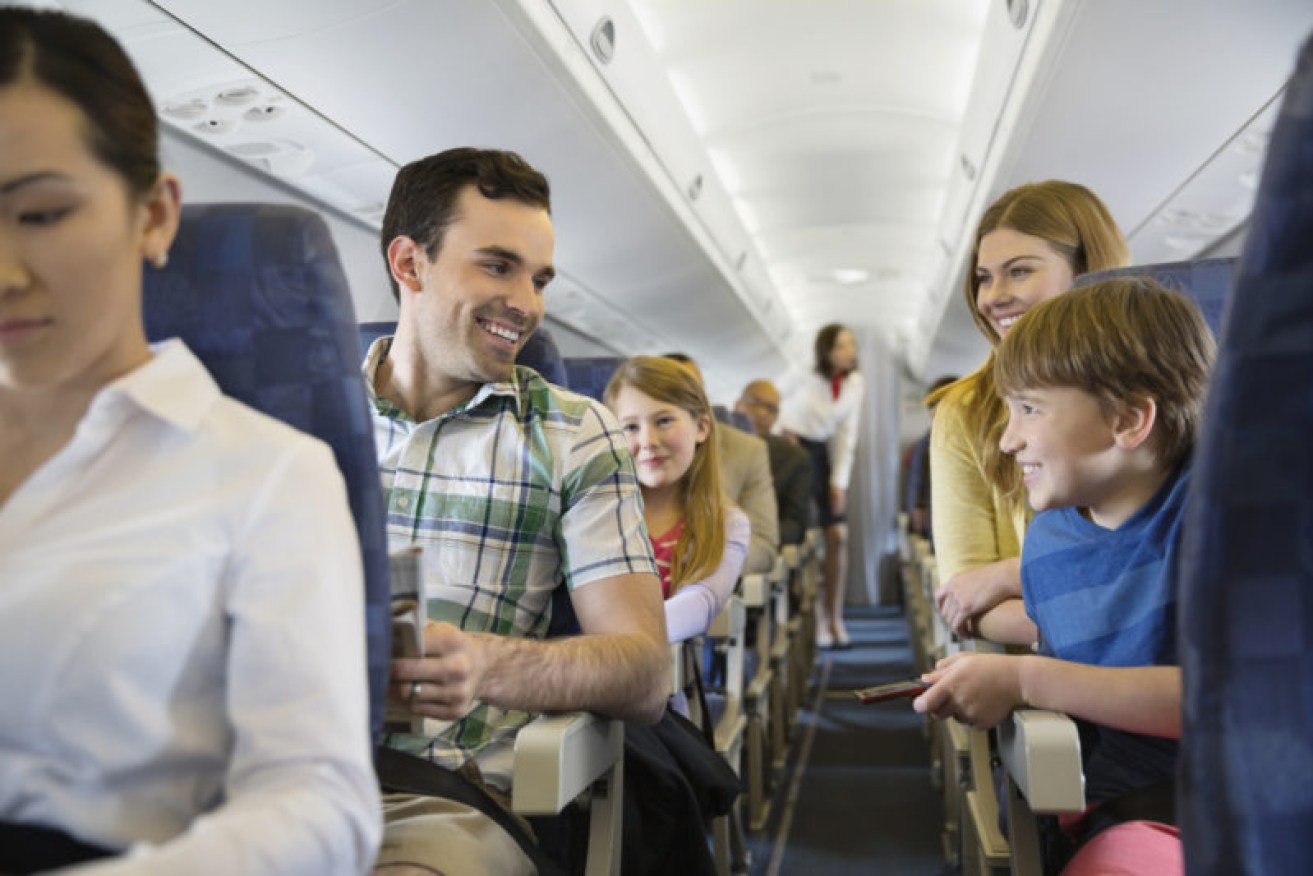Planning a holiday in Australia? Be prepared to pay more for air tickets


Air fares will push up the cost of your next holiday. Photo: Getty
If you are planning an interstate holiday for the first time in a couple of years and are looking for a discount airfare you could be sorely disappointed. That’s because domestic airfares are on the rise and you should expect to pay more.
So strong are the rises that the airlines have been crowing about them.
Virgin Australian reported earlier this week that it’s first-half profit jumped to $73.8 million from just $4.4 million for the same period a year earlier. And rising fares were a major driver.
Its domestic business saw fares rise 6 per cent and 3.4 per cent for overseas flights. Its low-cost Tiger subsidiary reported a whopping 14 per cent fare boost which reduced its losses by 3.6 per cent to $8.3 million.
The rise has been pronounced according to the Commonwealth’s Department of Infrastructure, Regional Development and Cities website. Fares moved slowly up from 2014 lows then took a big step up in mid 2017.
Those figures are for general economy fares but the situation with the discount end of the market is not much different.
The high usage Melbourne-Sydney route saw average discount fares jump 6.4 per cent between 2016 and 2018, Sydney-Brisbane rose 14.1 per cent, Sydney-Perth 14.4 per cent and the holiday special Melbourne-Gold Coast was up a whopping 23.1 per cent.
Fares won’t fall any time soon
Unfortunately for travellers the situation shows no signs of changing. Peter Harbison, executive chairman with the CAPA Centre for Aviation said a truce has been called in the violent capacity war between Virgin Australia and Qantas a couple of years ago. “Both felt they had bled enough in a bloody war.”
“Qantas is not growing domestic capacity at all and Virgin has completed its transition from a low-cost carrier which saw them put on business class capacity and flight lounges. That involved an onslaught on the Australian domestic market,” Mr Harbison said.
It was a fight that saw Qantas chief Alan Joyce “draw a line in the sand saying ‘I’m not going to lose market share,'” said Mark Chaskiel, CEO of travel group FBI. “Virgin was trying to increase market share at the same time.”
Eventually, after much red ink flowed, the capacity war stopped with both companies consolidating their positions. While market share wars have happened in the past what we have just seen was “an unusual event; exceptional,” Mr Harbison said.
Smarter airlines
The airlines are getting smarter about making money and are moving away from the prestige wide body aircraft that were seen as the future some time ago. “Qantas started sunsetting its Boeing 767 fleet. They use some [wide bodied] Airbus A330s but both Qantas and Virgin are increasingly relying on the Boeing 737,” Mr Chaskiel said.
The same trend is apparent in international routes with Airbus saying this week it would stop making the A380 super jumbo. Airlines are increasingly adopting smaller, more efficient planes like the 787 Dreamliner which are cheaper to run and easier to fill.
The domestic airlines are also getting savvy about dealing with the local market. Whereas once upon a time people tended to book a long way ahead “they are increasingly impulse purchasers, mostly because of the rise of the millennials,” Mr Harbison said.
Last minute bookings used to be a guarantee of high prices, now the airlines, particularly Qantas, use sophisticated software that can work out likely demand on particular days and still give good deals to late bookers, Mr Harbison said.
Despite the rises, fares in Australia remain low.
“I remember when Richard Branson came out to launch Virgin Blue [in 1999] he said he wanted $100 fares between Melbourne and Sydney. You can still get that price 20 years later,” Mr Harbison said.









